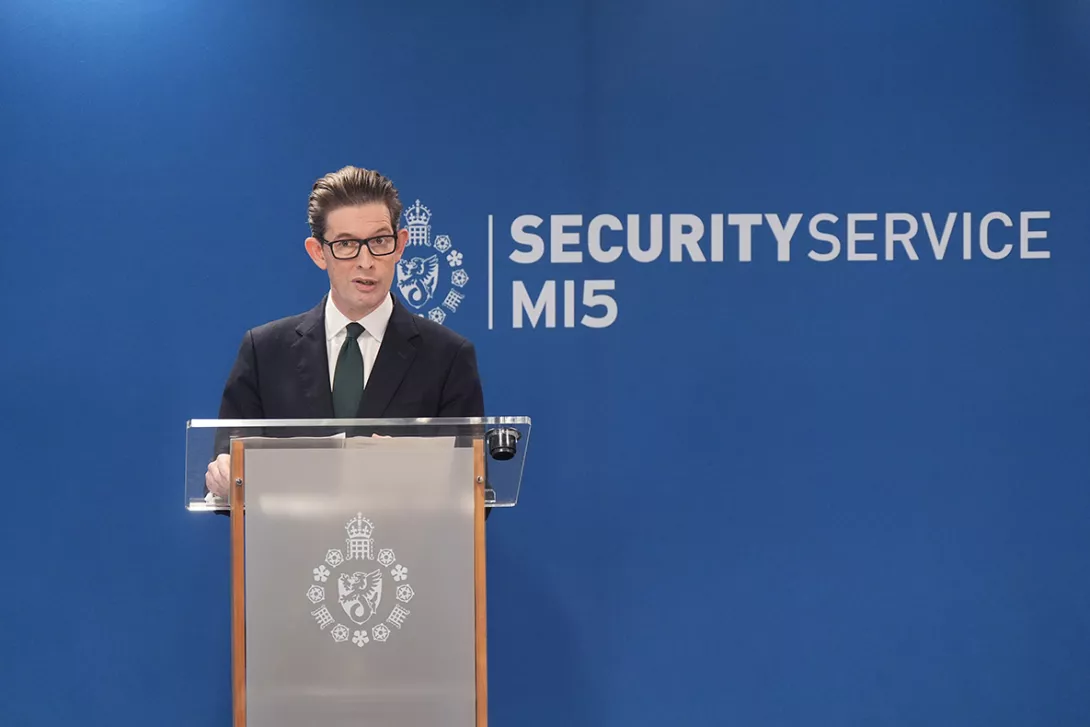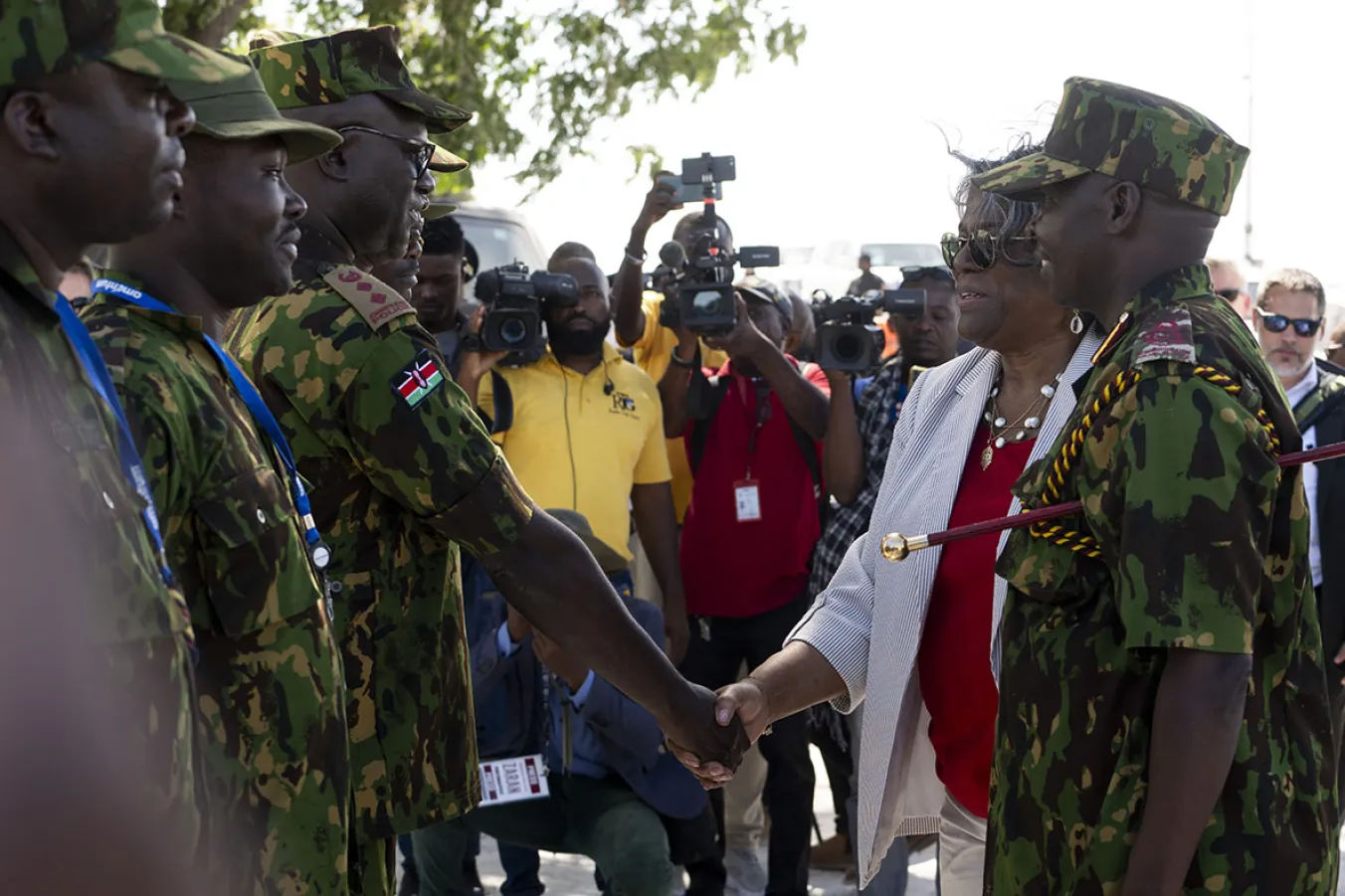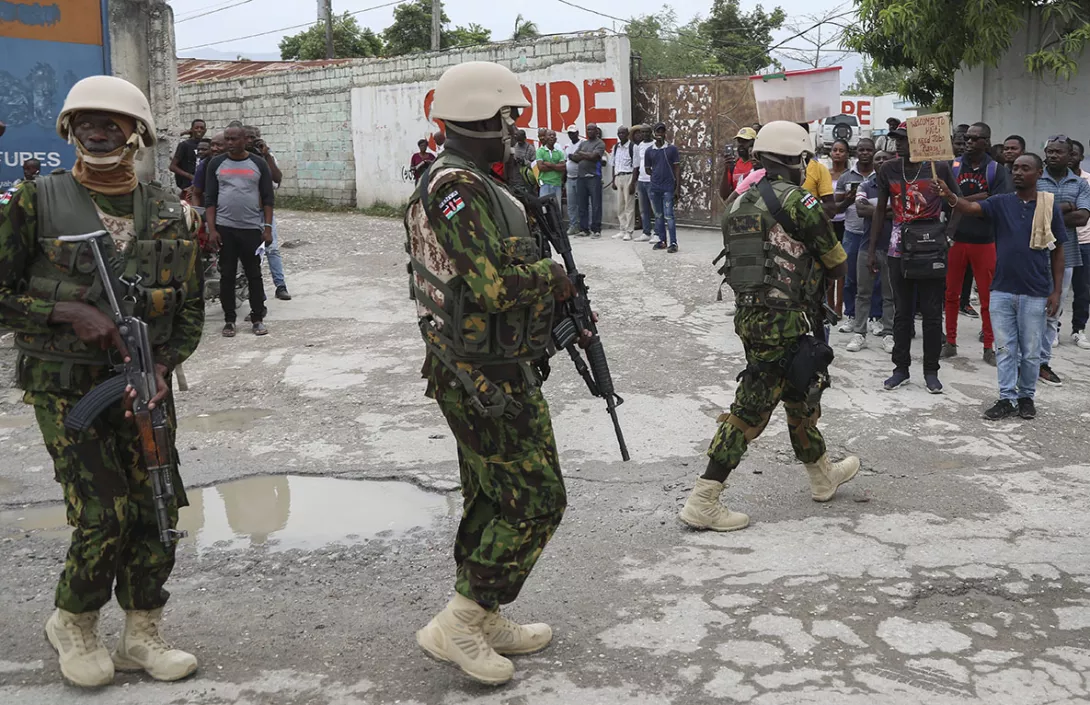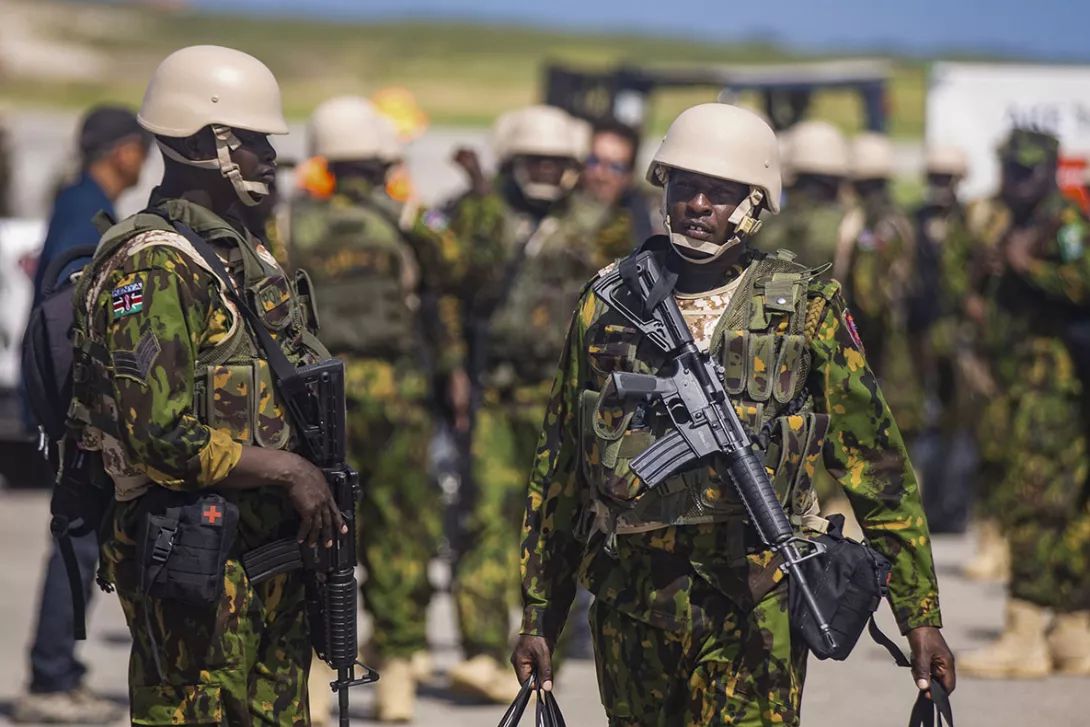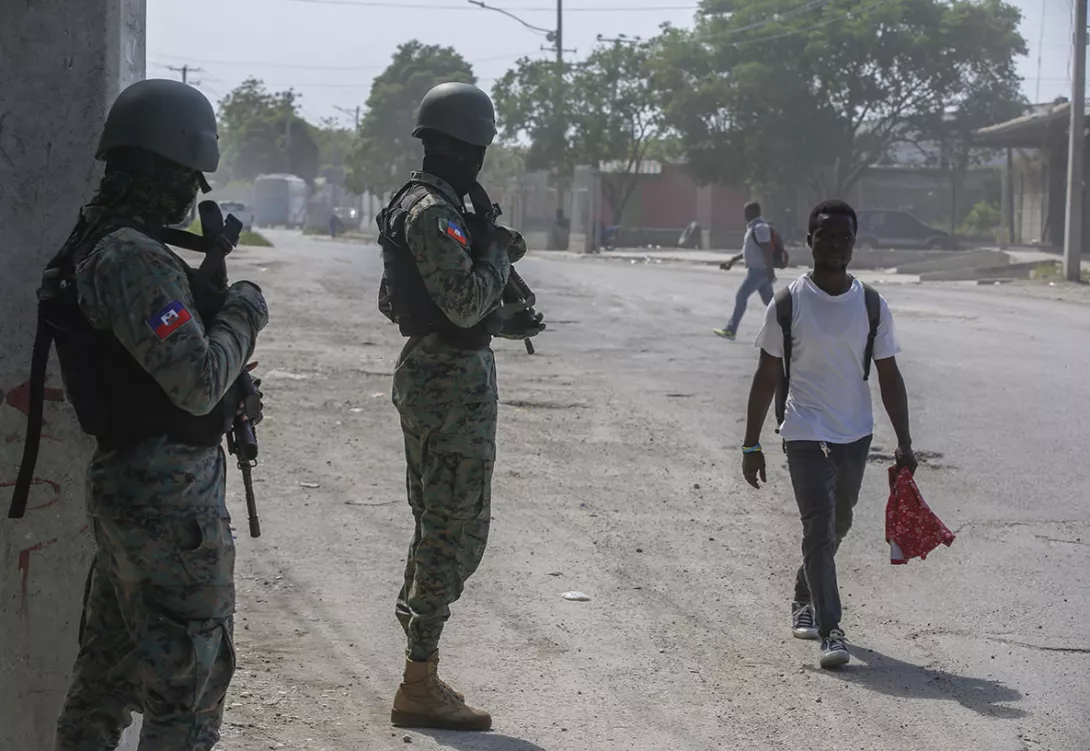No imperialist intervention in Haiti
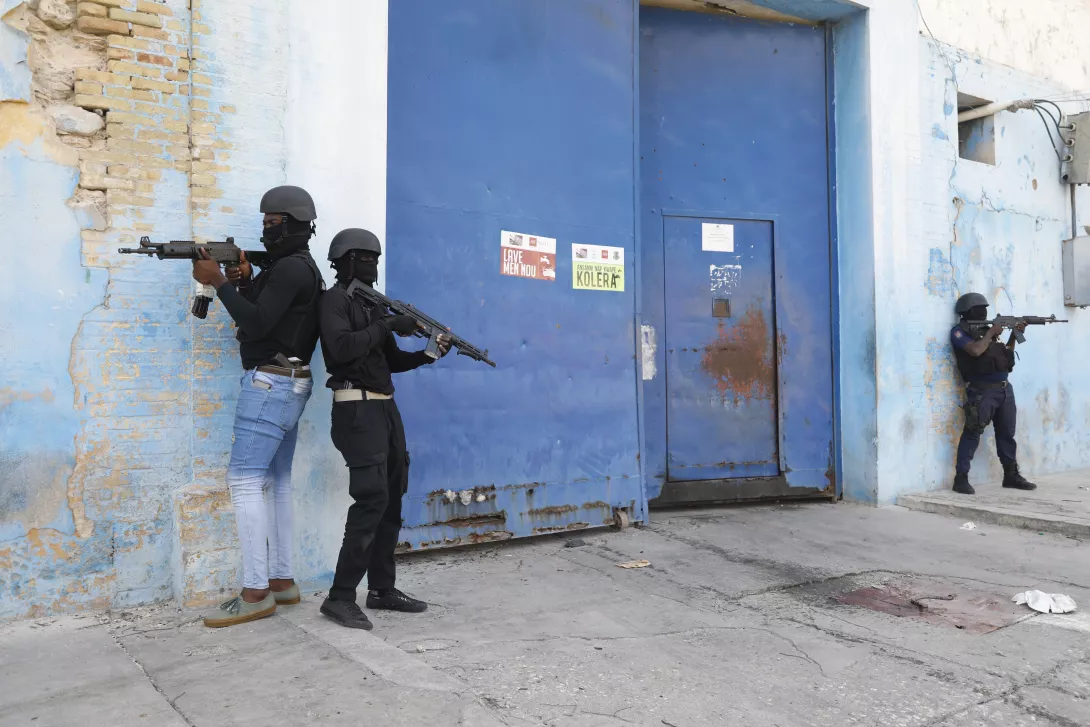
HAITI’S name is a glorious one in the pages of history. It was the site of the first successful revolt against slavery at the end of the 18th century, as black people threw off French colonialism and established an independent state.
While only a small country, those events deserves to be ranked with the French, the Russian and the Chinese as one of the great landmark revolutions in world history.
Imperialism has never forgiven the people of Haiti their impertinence. That is important to remember when considering the Caribbean country’s present plight, with the apparent collapse of state authority, mass hunger and yet another foreign intervention proposed.
More from this author

ANDREW MURRAY surveys a quaking continent whose leaders have no idea how to respond to an openly contemptuous United States
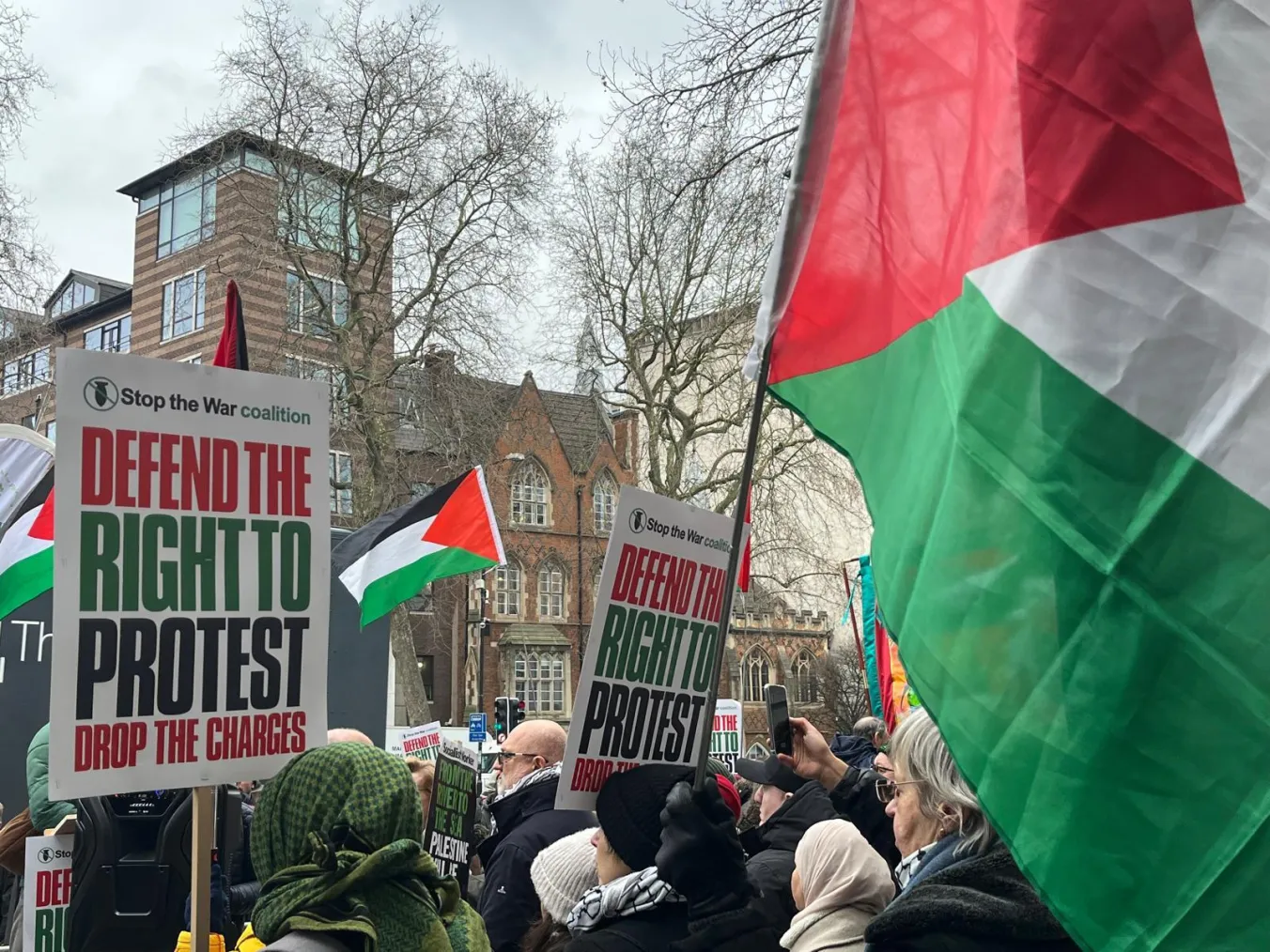
Hundreds protest outside Westminster Magistrates’ Court as Stop the War Coalition and Palestine Solidarity Campaign activists attend court










